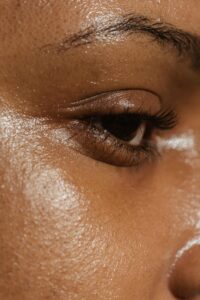Oily Skin Care: A Complete Guide to Achieving Healthy and Balanced Skin

Oily skin care is very important as oily skin is considered one of the most challenging skin types to manage. Those with oily skin often struggle with excess oil production, making skincare essential. Oily skin tends to appear shiny and is more prone to issues like acne and blackheads. But don’t worry! With the right routine and suitable products, you can control excess oil and maintain healthy, balanced skin.
What is Oily Skin?
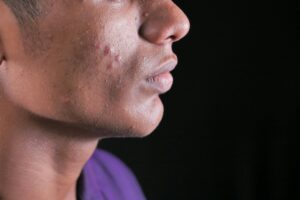
Oily skin produces an excess amount of sebum (oil) from the sebaceous glands beneath the skin. This overproduction causes a shiny appearance—especially in the T-zone (forehead, nose, and chin)—and often leads to clogged pores, increasing the chances of breakouts and blackheads. This is the main reason for importance of oily skin care.
Causes of Excess Oil Production
-
Genetics: Your skin type is often inherited.
-
Hormonal changes: Especially during puberty, pregnancy, or menstruation, which can boost oil gland activity.
-
Wrong cosmetics: Heavy creams and oils can increase sebum production.
-
Stress: It affects hormone levels, which in turn can make oil glands overactive.
-
Unhealthy diet: Foods high in fat and sugar can worsen oiliness.
Top Oily Skin Issues
-
Acne: Caused by clogged pores and bacteria.
-
Enlarged pores: Due to oil buildup and dead skin cells.
-
Seborrheic dermatitis: Red, flaky patches, especially on the scalp and face.
-
Excess shine: Can cause the skin to look uneven and greasy.
These issues increase the need for oily skin care routin.
Daily Oily Skin Care Routine
-
Cleanse twice daily: Use a gentle cleanser designed for oily skin that removes dirt and excess oil without over-drying.
-
Use toner: Helps control oil and tighten enlarged pores.
-
Moisturize: Choose a lightweight, oil-free moisturizer to hydrate without adding shine (e.g., Pure Skin cream for oily skin).
-
Apply sunscreen: Choose one formulated for oily skin to protect from sun damage without clogging pores.
-
Avoid touching your face: Prevents the transfer of dirt and bacteria, reducing breakouts.
Also check: Best Oils for Hair Growth – A Guide to Fast, Natural Growth.
Natural Face Masks for Oily Skin
Clay Mask:
-
Absorbs excess oil and deeply cleanses pores. Great for reducing breakouts.
Cornstarch Mask:
-
Reduces shine and soothes the skin. Mix with rose water and use twice weekly.
Lemon & Honey Mask:
-
Balances oil production and gives a radiant glow. Use with caution to avoid irritation.
Diet Tips to Improve Oily Skin Health
-
Eat fresh fruits and vegetables high in antioxidants and vitamins.
-
Avoid greasy, fried, and sugary foods.
-
Drink plenty of water to keep the skin hydrated from within.
-
Consume omega-3 fatty acids from fish and nuts to reduce skin inflammation.
When to See a Dermatologist?
If oily skin issues persist despite a proper routine, or if you develop severe inflammation or acne, it’s best to consult a dermatologist for personalized treatment.
Final Thought
Oily skin care isn’t hard—it just needs consistency and the right approach. With a good skincare routine and some natural remedies, you can say goodbye to unwanted shine and hello to clean, fresh, and healthy skin!

 Skin exfoliation products
Skin exfoliation products
 Skin moisturizing products
Skin moisturizing products
 Skin cleansers
Skin cleansers
 Sun protection products
Sun protection products
 Skin whitening products
Skin whitening products
 Skin serums
Skin serums
 Korean skin care products
Korean skin care products
 Skin masks
Skin masks
 Natural skin care products
Natural skin care products
 Shampoo
Shampoo
 Hair cream bath and masks
Hair cream bath and masks
 Hair styling products
Hair styling products
 Hair oils and serums
Hair oils and serums
 Hair dyes
Hair dyes
 Natural hair products
Natural hair products
 Baby strollers
Baby strollers
 Baby toys
Baby toys
 Baby carriers
Baby carriers
 Car seats
Car seats
 Baby walkers
Baby walkers
 Baby rockers
Baby rockers
 Baby beds
Baby beds
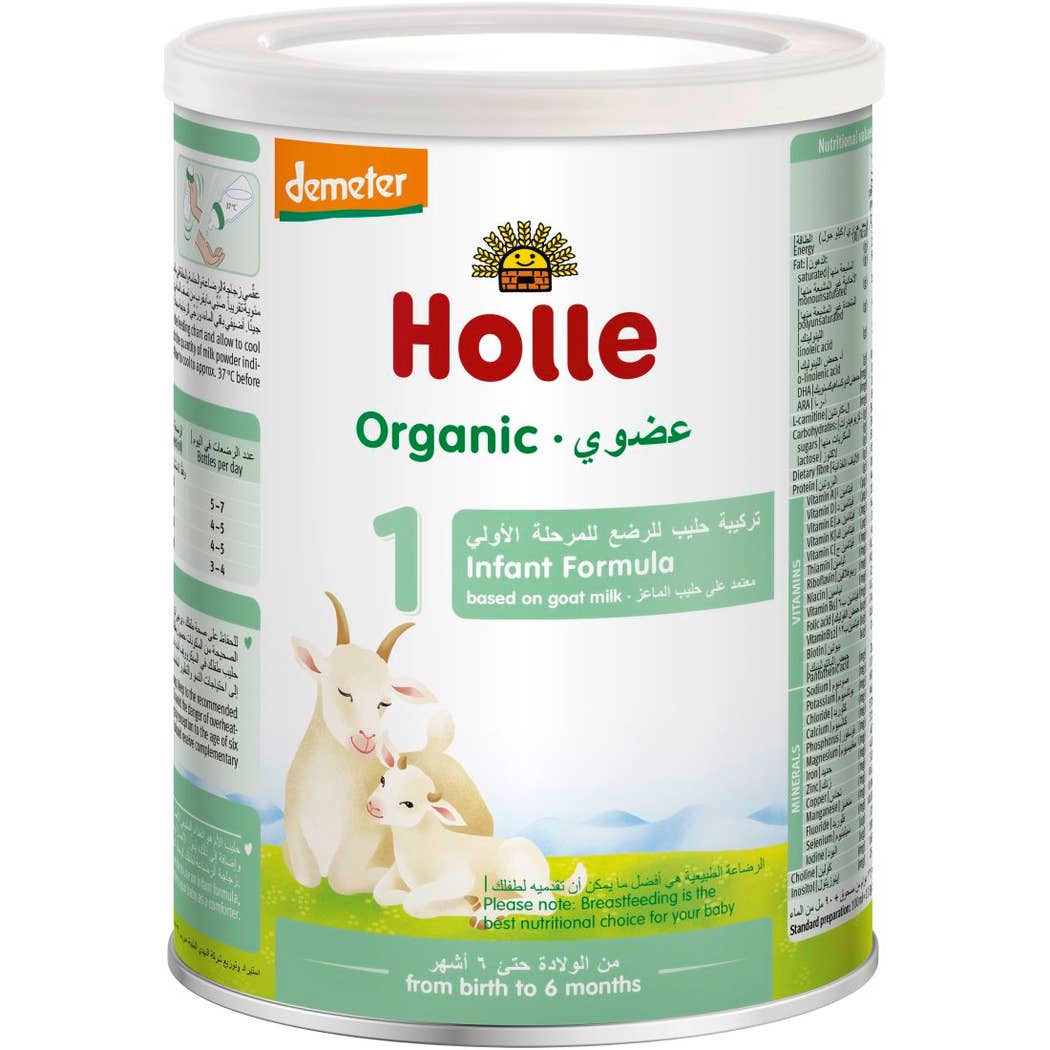 Baby milk
Baby milk
 Baby food
Baby food
 Baby feeding supplies
Baby feeding supplies
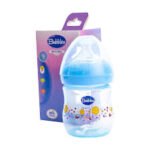 Baby bottles
Baby bottles
 Pacifiers
Pacifiers
 Teethers
Teethers
 Baby hygiene care
Baby hygiene care
 Skin care for babies
Skin care for babies
 Diapers
Diapers
 Perfumes for babies
Perfumes for babies
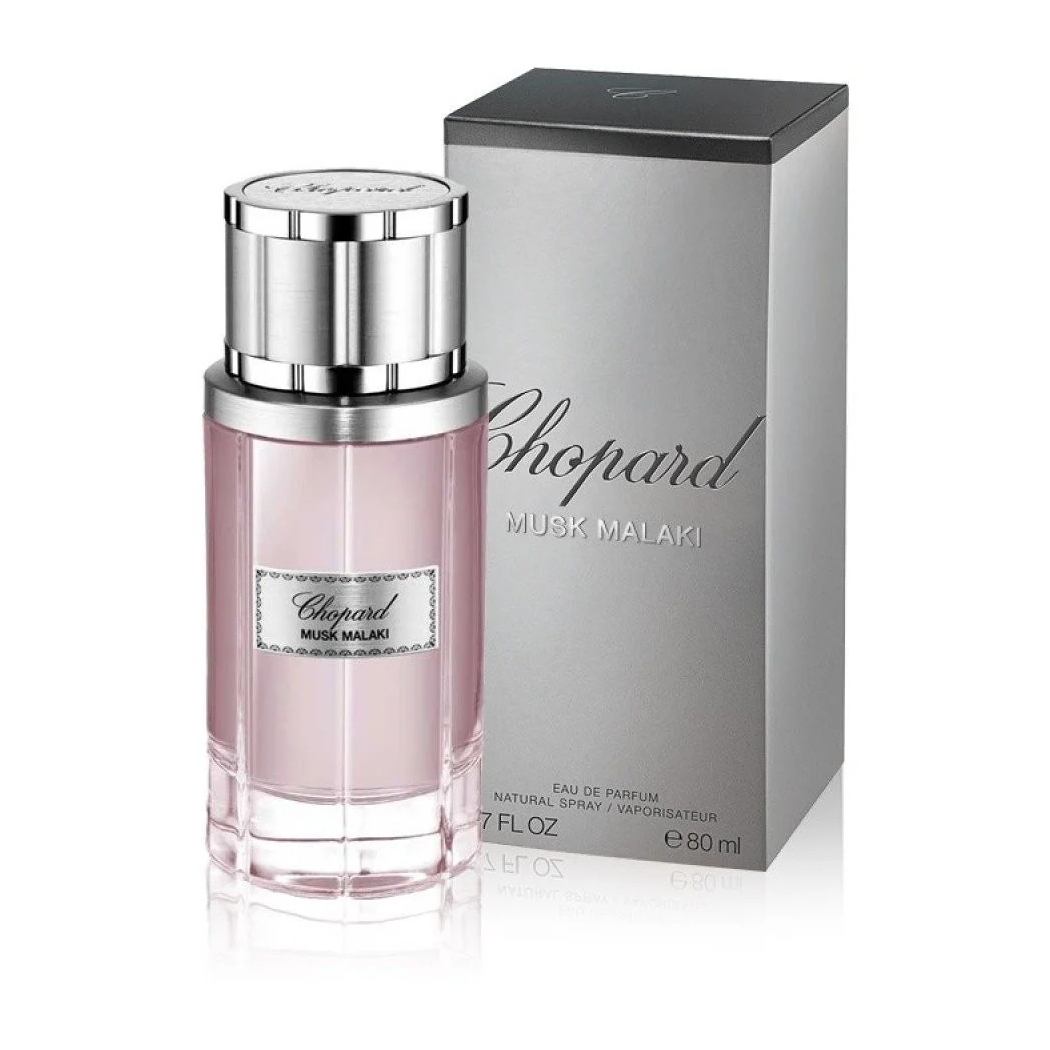 Women’s perfumes
Women’s perfumes
 Men’s perfumes
Men’s perfumes
 Unisex perfumes
Unisex perfumes
 Oriental perfumes
Oriental perfumes
 Luxury perfumes
Luxury perfumes
 Hair perfumes
Hair perfumes
 Deodorants
Deodorants
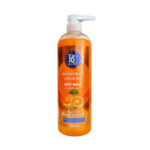 Body and shower care
Body and shower care
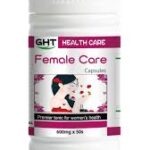 Women’s care products
Women’s care products
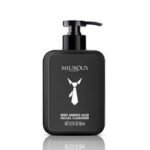 Men’s care products
Men’s care products
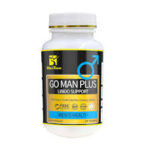 Sexual health
Sexual health
 Lipsticks
Lipsticks
 Eye Makeup
Eye Makeup
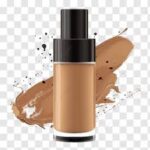 Face Makeup
Face Makeup
 False nails and lashes
False nails and lashes
 Contact Lenses
Contact Lenses
